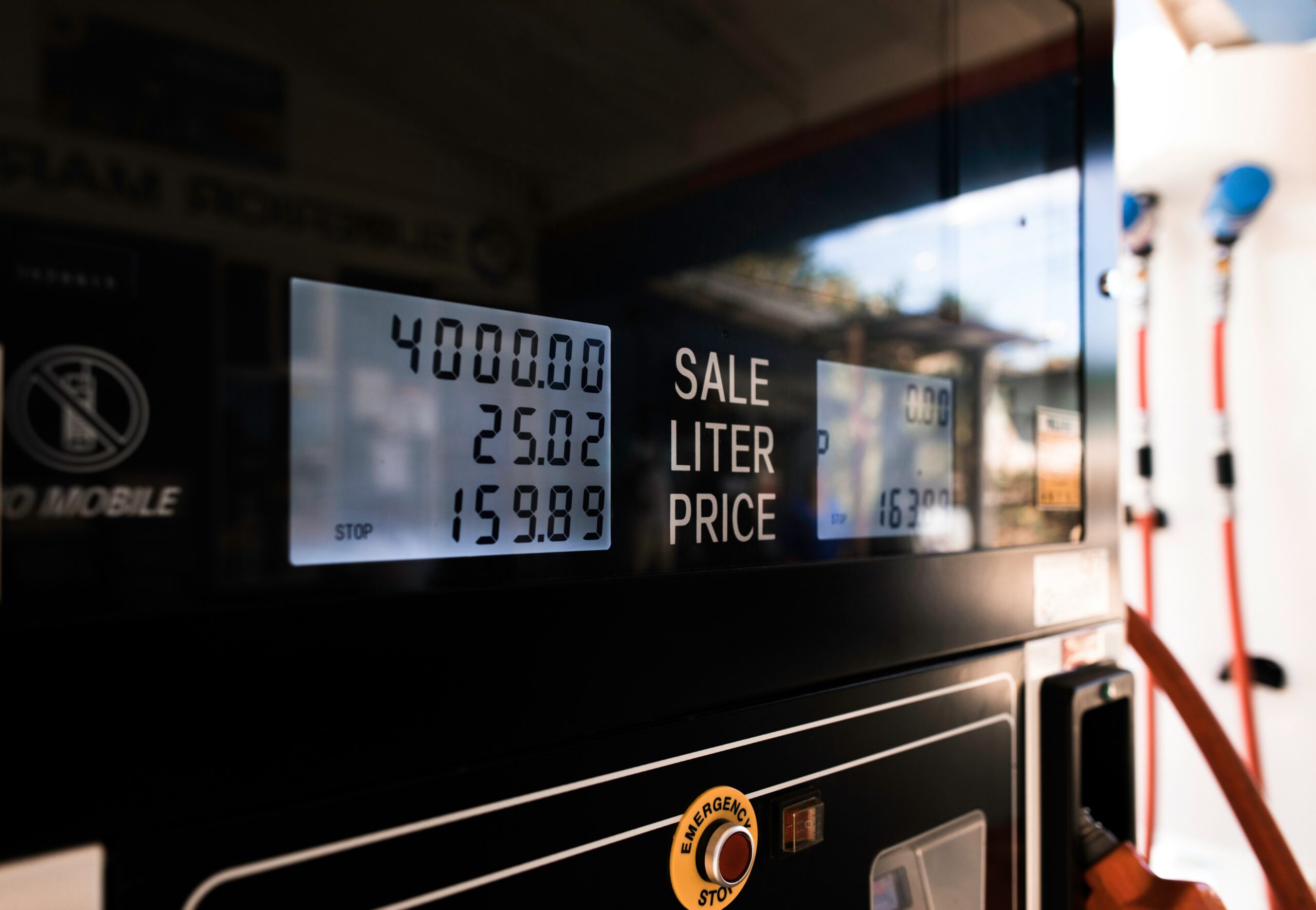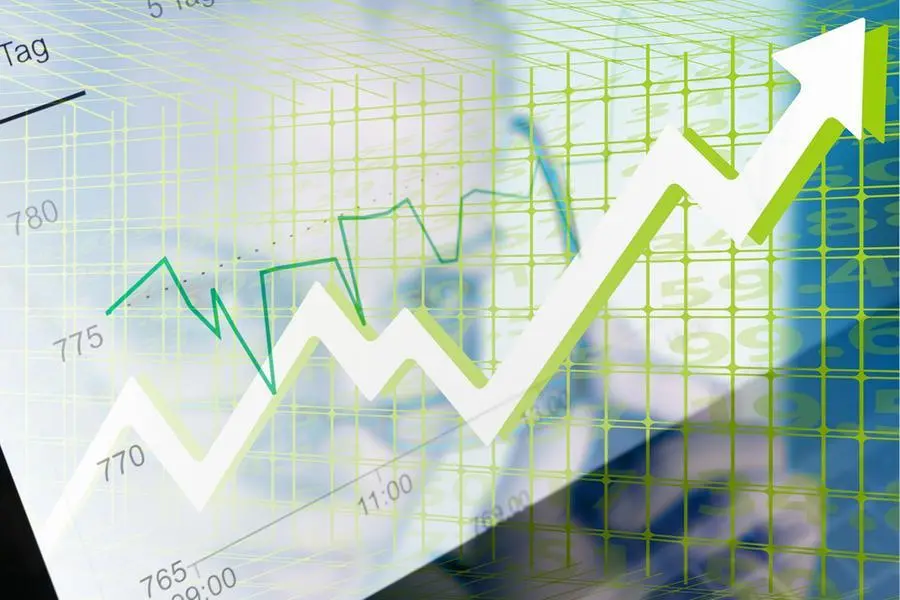The future of banking: 5 trends set to transform the GCC in 2025
As the banking industry undergoes rapid change, 2025 is poised to be a pivotal year for the GCC’s financial sector
The financial sector in the GCC is on the cusp of a major transformation in 2025. With rapid technological advancements, shifting consumer expectations, and growing competition from neobanks, the region’s banking landscape is evolving faster than ever. Key trends like AI-powered banking, the shift to digital payments, and the rise of open finance are set to redefine traditional financial models. The seamless integration of mobile banking and embedded finance further accelerates these changes. Understanding these developments is crucial for both businesses and consumers to stay ahead in a digitally-driven financial world.
1. Decline of Cash Transactions
Cashless transactions are becoming the norm in the GCC, and this shift is accelerating. The UAE is on track to achieve a 90% cashless economy by 2026, and platforms like Aani are making digital wallets increasingly popular. Consumers now demand the convenience and safety that digital-only payments provide. Although cryptocurrency wallets are still in their early stages, they are emerging as a promising addition to the region’s cashless ecosystem. This transformation mirrors a global move toward reducing reliance on physical currency.
2. Open Finance: Empowering Consumers and Disrupting Traditional Banks
Open finance is poised to transform the banking sector in the GCC, offering consumers greater access to personalized and competitive financial products. By enabling data sharing between financial institutions and third-party fintech services, open banking is fostering more customized offerings. With regulatory frameworks in the UAE, Saudi Arabia, and Bahrain continuing to evolve, open finance is expected to gain momentum, leading to increased consumer choice and enhanced financial inclusion.
3. Neobanks: Shaping the Future of Banking
Digital-only banks, or neobanks, are quickly reshaping the GCC’s banking ecosystem. Players like Wio, Neo, Yap, and country-specific options like STC Pay in Saudi Arabia and Weyay in Kuwait are gaining ground due to their low fees, convenience, and innovative services. In the UAE, nearly 50% of customers now hold accounts with neobanks, challenging traditional banking institutions to rethink their strategies. With their mobile-first approach, these digital banks are catering to a tech-savvy, modern consumer base.
4. Mobile Banking and Embedded Finance: Seamless Integration
Embedded finance is reshaping how consumers interact with financial services. Companies such as Ikea, Tesla, and Emaar are now offering integrated financing options, allowing consumers to access loans, insurance, and payment services as part of their shopping experience. The “buy now, pay later” (BNPL) model continues to thrive in the UAE and Saudi Arabia, offering greater payment flexibility. Additionally, super-apps like Careem and Tawakkalna are embedding financial services into everyday platforms, driving the shift toward a more integrated and frictionless banking experience.
Related: Debt in Disguise: The Hidden Risks of Buy Now Pay Later Schemes
5. Artificial Intelligence in Banking: A Game-Changer
AI is revolutionizing the GCC banking sector by making services faster, more efficient, and more accessible. From automating customer service with chatbots to enhancing real-time credit scoring, AI is improving decision-making and customer experiences. Virtual assistants and AI-driven systems are helping banks manage operations around the clock, while automation of back-office functions improves efficiency and reduces costs. As AI technology continues to evolve, banks that embrace these innovations will be better positioned to meet customer demands.
A Year of Transformation
As the GCC banking sector adapts to these dynamic trends, 2025 promises to be a transformative year. The rise of digital banking, the integration of AI, and the growing role of embedded finance will continue to shape the region’s financial ecosystem. Banks that prioritize innovation and embrace these changes will open new doors for businesses and consumers alike. The future of banking in the GCC is set to be more interconnected, personalized, and efficient, driven by a digital-first mindset.
More From “Economics”

EU’s green ambitions are threatened by Qatar’s warns of LNG halt

Dubai real estate smashed records in 2024 with sales worth $142.4bln

Why GCC is a magnet for international capital?

Saudi Arabia’s GDP grows 1.3% in 2024, driven by non-oil sector

Saudi Arabia commited $500mln aid to stabilize Yemen’s economy

S&P: Banking sector in Kuwait, Qatar and UAE is to stay stable

S&P: UAE GDP growth will remain strong in 2025-2027

Saudi Arabia’s Maaden and Bahrain’s Alba end aluminum deal talks

Saudi Arabia has a major role in Syria’s future: Ahmad Al-Sharaa

Saudi Arabia drives MENA e-commerce rise in the festive season
The Kingdom led the way in mobile commerce adoption, with 62% of online purchases made via mobile devices

GCC secures 6th spot globally in goods trade volume

StanChart: GCC economy will be resilient in 2025



